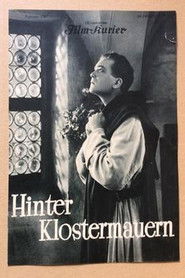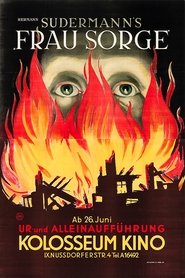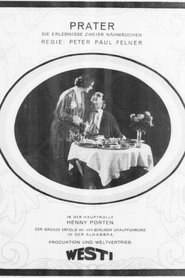detail profile carl de vogt
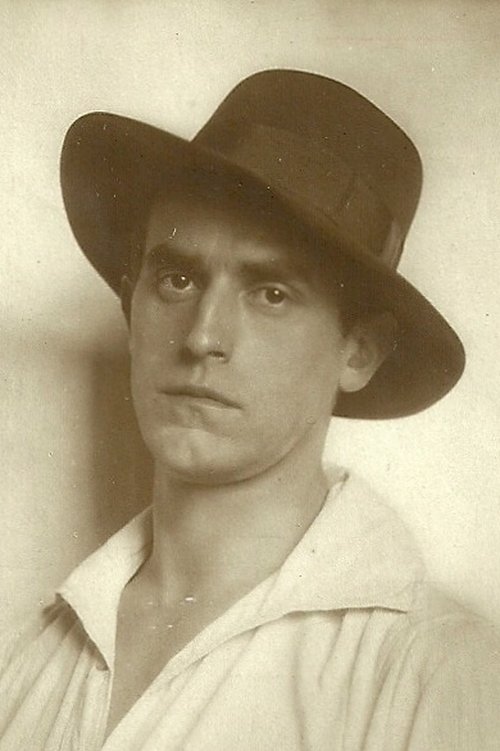
Carl de Vogt
Carl Bernhard de Vogt
atau dikenal sebagai
Riwayat Hidup
Carl de Vogt (14 September 1885 – 16 February 1970) was a German film actor who starred in four of Fritz Lang's early films.
He attended the acting school in Cologne, Germany.
Together with acting he was also active as a singer and recorded several discs.
His greatest hit was "Der Fremdenlegionär".
An extremely successful actor in his early career, he died in relative obscurity in 1970.
In 1919 and 1920, de Vogt starred in director Fritz Lang's two-part Spiders films opposite actresses Lil Dagover and Ressel Orla.
In 1932, in the early sound era, he played the Prussian hero Major Schill in the big-budget historical film The Eleven Schill Officers.
De Vogt was married to the German film actress Cläre Lotto, and the couple had a son Karl Franz de Vogt (born 14 May 1917).
He was a member of the NSDAP and the Sturmabteilung.
Description above from the Wikipedia article Carl de Vogt , licensed under CC-BY-SA, full list of contributors on Wikipedia.
Info Pribadi
Peran Yang Di Mainkan Carl de Vogt
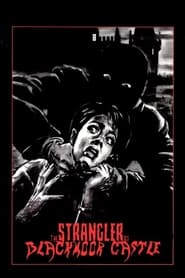 A strangler is loose on a...
A strangler is loose on a...The Strangler of Blackmoor Castle 1963
A strangler is loose on a British estate, and he not only strangles his victims but brands an "M" onto their foreheads before he decapitates them.
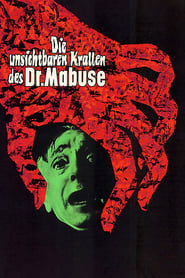 Strange things happen in a revue...
Strange things happen in a revue...The Invisible Dr. Mabuse 1962
Strange things happen in a revue theatre. The dancer Maria seems to be hunted by an invisible admirer. When the body of a probable FBI agent is found in a trunk the police asks FBI man Joe Como for help. Como gets interested in the revue theatre and an ominous transport firm soon. When he is receiving mysterious threatening letters he is sure that Dr. Mabuse has risen again. But what is going on at "Enterprise X" so that both the goverment and the mad genius in crime are interested in it?
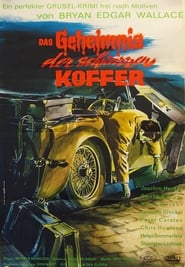 A series of knife murders have...
A series of knife murders have...The Secret of the Black Trunk 1962
A series of knife murders have an odd feature about them; the victims find that their luggage has been packed for them just before their deaths. Scotland Yard investigates, and discover that the murders are linked to an addictive drug called Mescadrine.
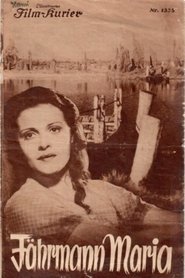 A beautiful young drifter comes to...
A beautiful young drifter comes to...Ferryman Maria 1936
A beautiful young drifter comes to a small village and battles Death itself to save the man she loves.
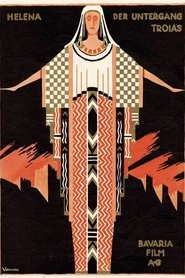 Helena is a 1924 German silent drama...
Helena is a 1924 German silent drama...Helen of Troy 1924
Helena is a 1924 German silent drama film directed by Manfred Noa and starring Edy Darclea, Vladimir Gajdarov and Albert Steinrück. The film was based on the poem the Iliad by Homer. It was released in two separate parts: The Rape of Helen and The Fall of Troy. It was produced by Bavaria Film at the Emelka Studios in Munich. The film was made on an epic scale with thousands of extras, and large sets which rivalled those of the larger Berlin-based UFA.
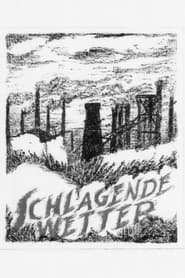 After the revelation that Georg has...
After the revelation that Georg has...Schlagende Wetter 1923
After the revelation that Georg has seduced her, Maria is driven away by her father. Georg, fearing the wrath of Maria's father, has swiftly abandoned the girl and left for the mining town of Sankt Anton, where he expects to hide easily amongst the large population of colliers. Maria must care for herself, and ends up in Sankt Anton, where she attempts to rebuild her life. There, she gets to know Thomas, and soon the young people are engaged. When Georg and Maria meet again, drama ensues. The film originally ran 97 minutes.
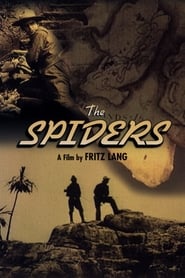 When last we saw Kay Hoog...
When last we saw Kay Hoog...The Spiders: Part 2 - The Diamond Ship 1920
When last we saw Kay Hoog (millionaire adventurer, courageous hunk), he’d been beset with tragedy. Having escaped an ancient Incan city by the skin of his gleaming teeth, Hoog looked forward to a few years of settled life with his (amicably) captured Incan lovely, Naela. But the past struck quickly. Hoog’s arch-nemesis, the homicidal femme Lio Sha, murdered Naela on the very grounds of Hoog’s estate, prompting him to swear revenge upon her and her criminal organization, the Spiders. Now he must find them, as the Spiders continue their global quest for the Buddha-head Diamond. The head, it’s said, has the power to restore Asia to world dominance.
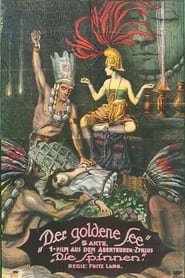 In San Francisco wellknown sportsman Kay...
In San Francisco wellknown sportsman Kay...The Spiders: Part 1 - The Golden Sea 1919
In San Francisco, well-known sportsman Kay Hoog announces to a club that he has found a message in a bottle with a map drawn by a Harvard professor who has gone missing. The map tells of a lost Incan civilization that possesses an immense treasure. Hoog immediately plans an expedition to find it. But Lio Sha, the head of a criminal organization known as the Spiders, is determined to get the treasure for herself and plans a rival expedition.

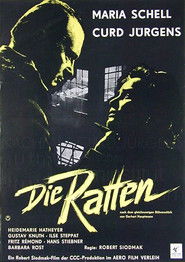 Soon after World War II a...
Soon after World War II a...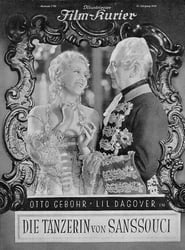
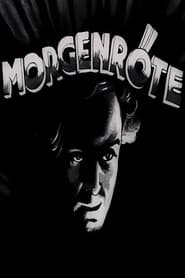 A young student Stephan inherits shares...
A young student Stephan inherits shares...